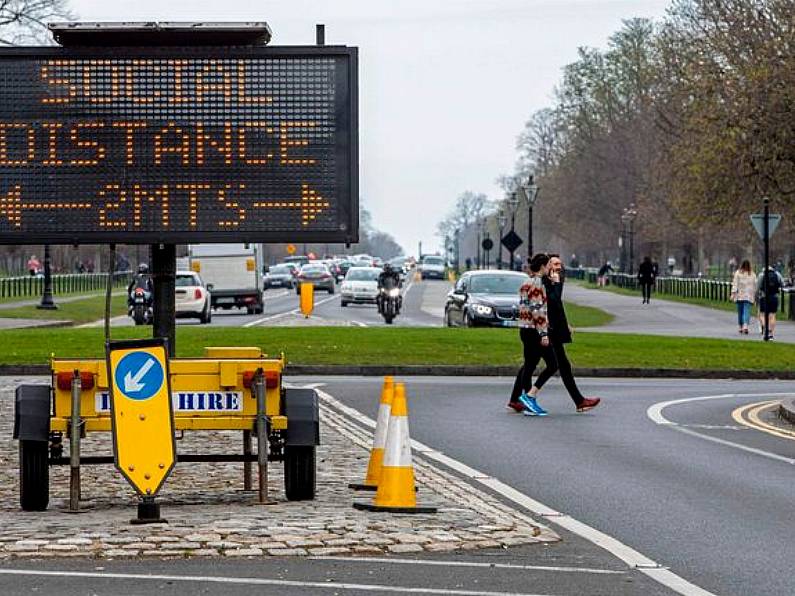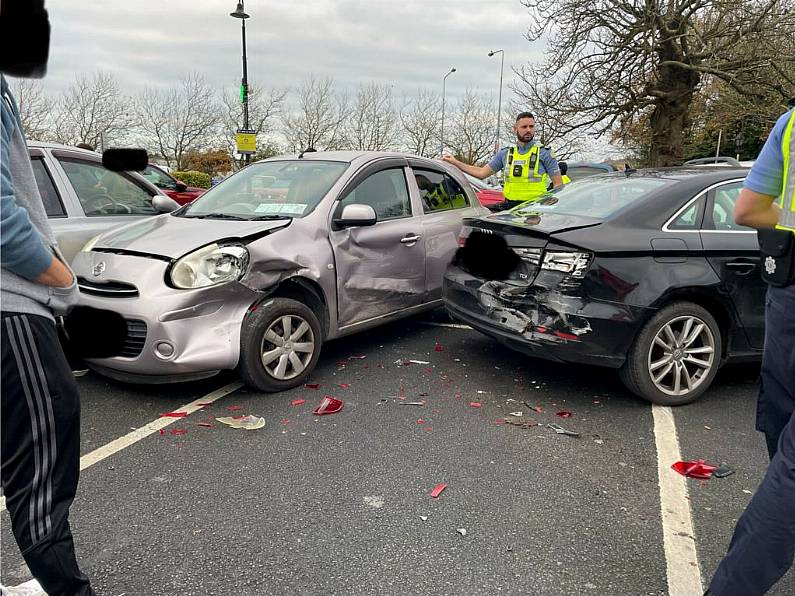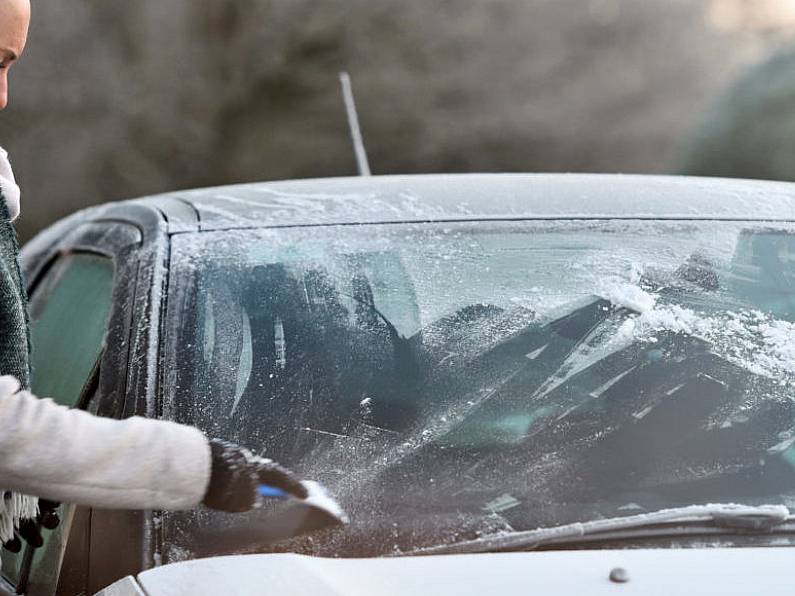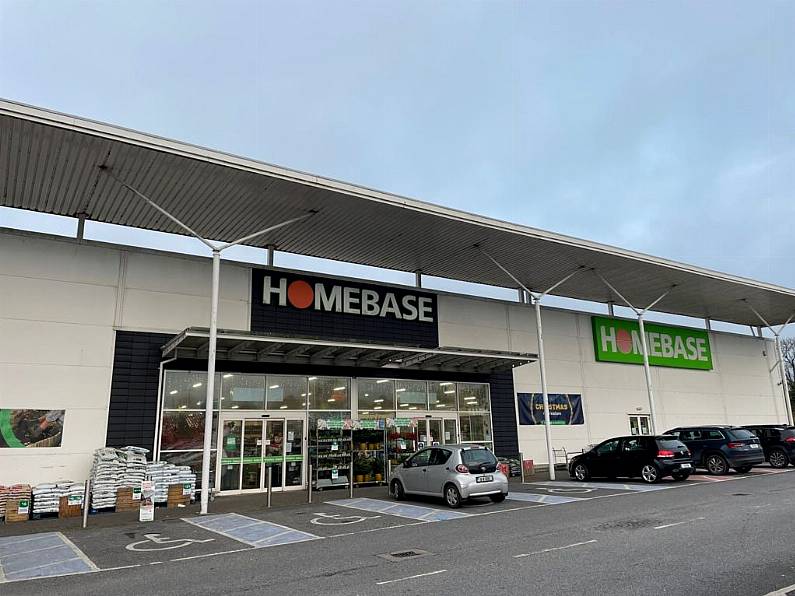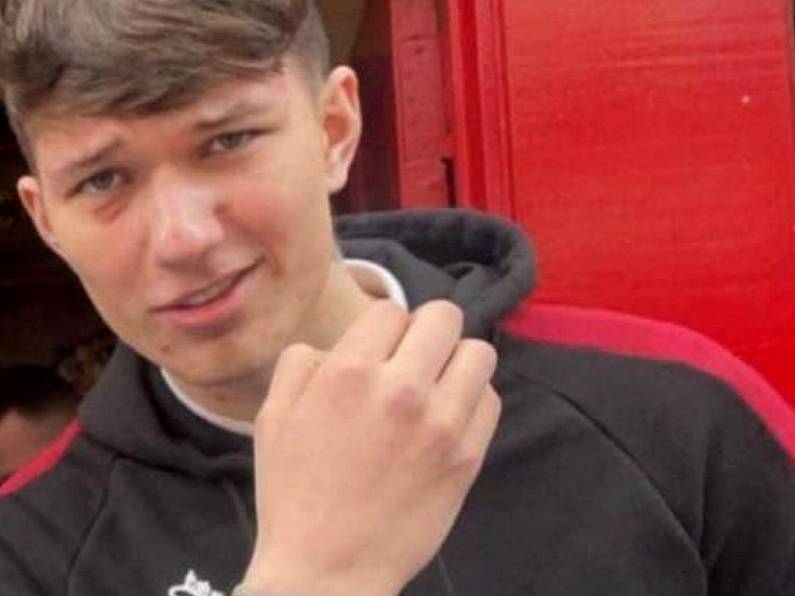1,620 new cases of covid 19 have been confirmed and 12 more people with the virus have died.
The Chief Medical Officer Dr Tony Holohan says the alarming escalation in the incidence of the virus in the general population gives great cause for concern.
There are 37 new cases in Waterford. The 14-day incidence rate locally is now 208.3 per 100,000 people. This remains below the national rate which is 296.7.
There are 498 new infections in Dublin, 203 in Limerick, 89 in Galway, 73 in Cork and 67 in Mayo - the rest are spread across all other counties.
490 coronavirus patients are in hospital, of which 42 are in ICU.
As of 2pm today, 490 COVID-19 patients are hospitalised, of which 42 are in ICU. 58 additional hospitalisations in the past 24 hours.
“To support the testing system through this surge, we are no longer advising close contacts of confirmed cases to get tested. Testing and tracing is an exercise in containment and we are no longer in a containment phase. However, it is imperative that if you are a close contact of a confirmed case you restrict your movements and contact your GP immediately if you develop symptoms.Dr Tony Holohan, Chief Medical Officer, Department of Health said: “We are once again in the mitigation stage of this pandemic. The alarming escalation in the incidence of the virus in the general population gives great cause for concern. This disease is now widespread in our communities and as a result we are asking everyone to behave as if they are a close contact.
“The average number of contacts per case has risen from 2.5 in November to an average in recent days of 6.3. This is very far from where we need to be and I am appealing to everyone at every age to adhere to the mandated restrictions that the government has introduced – stay at home, except for essential reasons, other than for exercise up to 5km.”
Dr Colm Henry, Chief Clinical Officer, HSE, said: “The pressure on our public health system, including testing and tracing services is not sustainable. A collective response by every individual, across every county, to follow the public health advice is essential to address the recent acceleration in case numbers that we are now seeing. The reintroduction of Level 5 restrictions is essential to protect our vital public services such as hospital admissions and non-COVID care and to have the maximum impact in shortest possible timeframe to minimise the spread of this disease.”
Dr Ronan Glynn, Deputy Chief Medical Officer, Department of Health said: “While we are currently in a very serious situation, we are not powerless against COVID-19. The best tool we have right now is each other. We have shown on multiple occasions that we can act collectively to break chains of transmission, reduce the intensity of this epidemic and slow down the increase in cases.
“As we look to the New Year, we remember the 2,237 people who have sadly died with COVID-19 in Ireland in 2020, along with all of their families and loved ones who are grieving their loss. Let’s do all we can to ensure that as few families as possible are similarly impacted in 2021.”
Prof. Philip Nolan, Chair of the NPHET Irish Epidemiological Modelling Advisory Group said: “The epidemiological situation is very serious and the virus is spreading rapidly amongst all age groups, increasing the risk to those most vulnerable to severe infection, such as the medically vulnerable and people over 60 years of age. The reproduction number is at least 1.6-1.8. The daily growth rate is estimated now at 7%-10% giving a doubling time of 7-10 days or less.
“We project significant further increase in cases and hospitalisations in the coming days before public health measures take effect and are likely to see over 700-1000 people in hospital with COVID-19 early in the New Year. While it is difficult to face into further restrictions, it is vital that everyone plays their part by following the public health advice to protect those most vulnerable in the population.”
Prof. Karina Butler, Chair of the National Immunisation Advisory Committee said: “The roll out of our national vaccination programme is underway with our first priority to focus on residents of nursing homes and front line healthcare staff. Once additional COVID-19 vaccines have been authorised, it will be possible to increase the capacity of vaccine availability across the country. The vaccine is a vital tool in our strategy to protect us against COVID-19 infection and it goes hand in hand with the public health measures on handwashing, social distancing and staying at home. We need to hold firm now and collectively we can bring the virus numbers down swiftly and protect our vital public services.”



